April 14
Rod Steiger
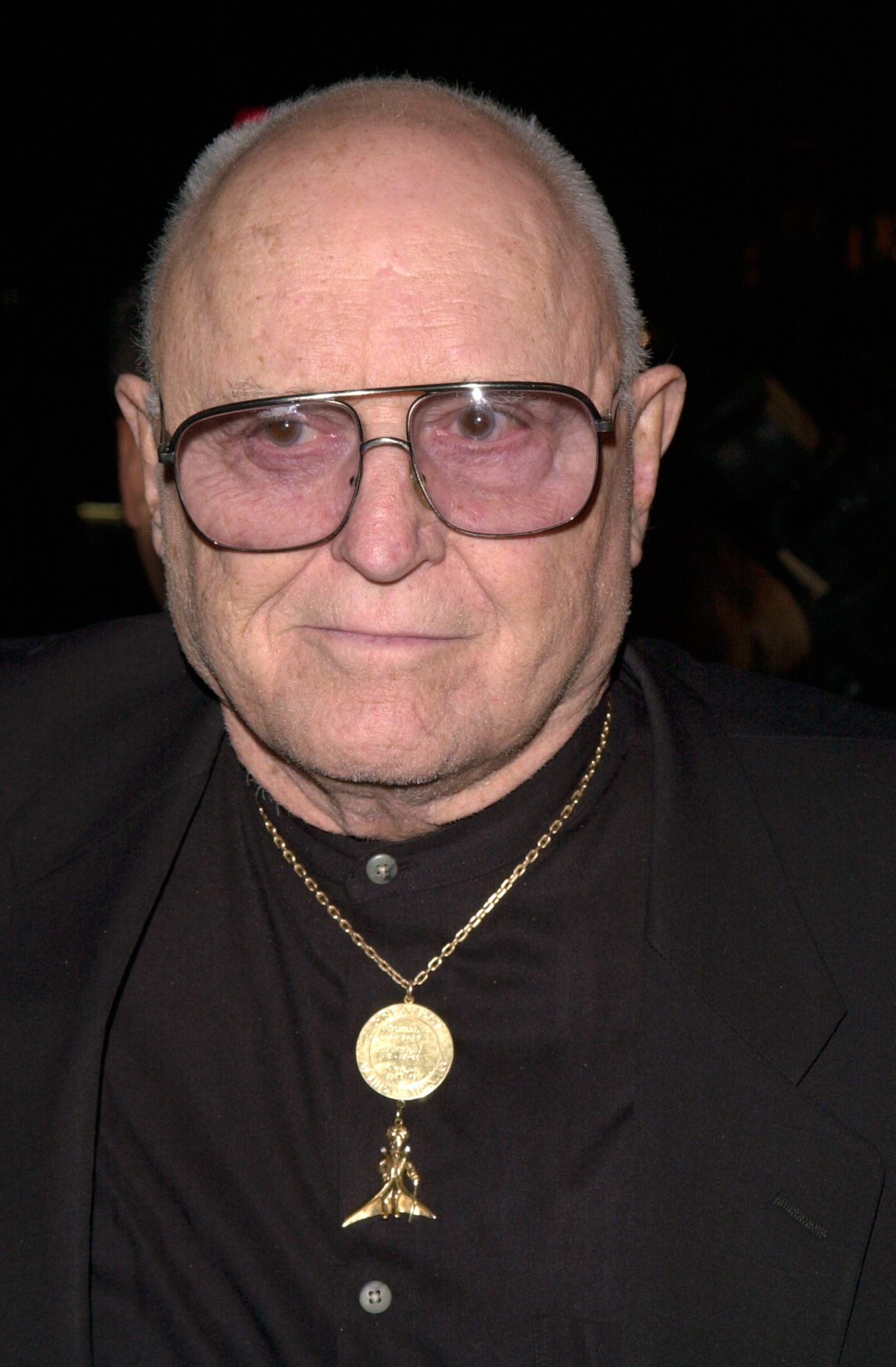
On this date in 1925, actor Rod Steiger was born in New York City, the only child of parents who had played on vaudeville and got divorced when he was a baby. His mother, who suffered from alcoholism, raised him as a single parent. After Pearl Harbor, the 16-year-old lied about his age and joined the Navy, serving in the Pacific during WWII. Steiger attended drama school on the GI Bill, and eventually studied at the Actors Studio. He participated in the Golden Age of live television, and began a memorable career as villains and heavies, such as playing the menacing ranch hand Jud Fry in “Oklahoma!” (1955).
Steiger won an Oscar for Best Actor, playing the redneck Mississippi police chief opposite Sidney Poitier in the 1967 film “In the Heat of the Night.” He played a tortured Auschwitz survivor in “The Pawnbroker.” That and several other Jewish roles, such as the rigid rabbi in “The Chosen,” made some fans suppose he was Jewish. According to Tim Boxer’s Jewish Celebrity Anecdotes, Steiger, an agnostic, was actually born to Lutherans (cited by Warren Allen Smith in Who’s Who in Hell).
Other memorable roles included “Mr. Joyboy” in The Loved One, the domineering seducer of Lara in “Doctor Zhivago” and the lead in Ray Bradbury’s “The Illustrated Man.” He was married five times and spoke openly of the depression he suffered during the 1980s. He died in Los Angeles at age 77 of pneumonia and kidney failure as a result of complications from surgery for a gallbladder tumor. (D. 2002)
“That’s all religion is — some principle you believe in. … Man has accomplished far more miracles than the God he invented. What a tragedy it is to invent a God and then suffer to keep him King.”
— Steiger, Playboy magazine interview (July 1969)
Bruce Sterling
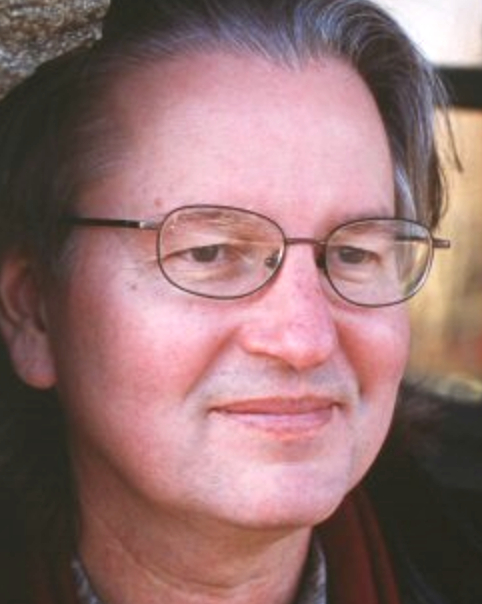
On this date in 1954, science fiction writer Bruce Sterling was born in Austin, Texas. His first novel was Involution Ocean. He is among the creators of the 1980s dystopian “cyberpunk genre” of science fiction. Sterling has written about 10 novels, and also edited Mirrorshades, a 1986 anthology. He writes Catscan for SF Eye and has worked as a professor. Sterling is involved in the Viridian Design Movement and wrote the “Viridian Manifesto.”
Photo by Pablo Balbontin Arenas with permission under GNU Free Documentation.
“I don’t believe in God.”
— Sterling interview, Cybersociology magazine (July 27, 1998)
Richard Jeni
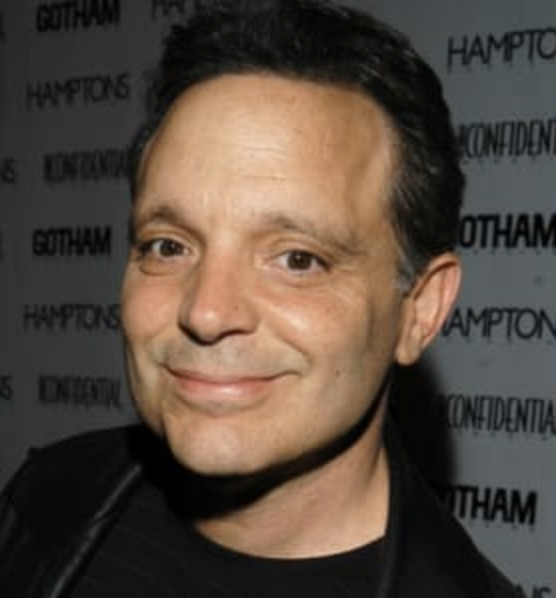
On this date in 1957, comedian and actor Richard John Colangelo (stage name Richard Jeni) was born into a Catholic family in a rough neighborhood in Brooklyn, N.Y. A shy kid with a talent for language, he won a national essay competition as a youth and earned an honors political science degree from Hunter College in New York City. In his 20s he worked in public relations and as a taxi driver before hitting the national scene with the Showtime special “Richard Jeni: Boy From New York City” (1990).
Two years later, his next special, “Crazy from the Heat,” garnered the highest ratings in Showtime’s history. Other stand-up comedy television specials included “Platypus Man” (1992), “A Good Catholic Boy” (1997) and “A Big Steaming Pile of Me” (2005). He made appearances on “The Daily Show,” “Comedy Central Presents,” “Everybody Hates Chris,” “Married With Children,” “Hollywood Squares” and was a frequent guest on “The Tonight Show.” Jeni debuted in the popular 1994 Jim Carrey film “The Mask,” followed by roles in “National Lampoon’s Dad’s Week Off” (1997) and “Burn Hollywood Burn” (1997).
He frequently mocked religion in his stand-up career. “Religious war? You’re basically killing each other to see who’s got the better imaginary friend” (CNN, “A few words from Richard Jeni,” March 12, 2007). He told the audience in “A Big Steaming Pile of Me”: “You gotta respect people who have strong religious beliefs, don’t we? ‘Cause if you don’t, they’ll kill you.”
Jeni won several CableACE Awards for his stand-up specials, and George Carlin presented him the American Award for “Best Male Stand-up” on ABC. Comedy Central ranked Jeni #57 on its top 100 list of greatest stand-ups of all time.
Suffering from severe clinical depression, Jeni committed suicide at age 49. The coroner’s report said he had a history of schizophrenia and had been taking antidepressants and a sleeping aid. (D. 2007)
“When one guy sees an invisible man he’s a nut case. Ten people see him it’s a cult. Ten million people see him it’s a respected religion.”
— Richard Jeni personal website
Joseph Fletcher
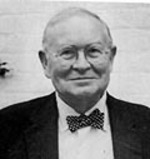
On this date in 1905, Joseph Francis Fletcher III was born in Newark, N.J. He received a B.A. from West Virginia University before going on to receive a bachelor of divinity from Berkeley Divinity School in 1929 and a doctor of sacred theology from the University of London in 1932. He was ordained an Episcopal priest, but later renounced his belief in God and identified as a humanist.
Fletcher was a philosopher and a theologian whose work in the field of biomedical ethics was pioneering. Even when he was religious, his ethics were humanist, based on human suffering and consequences rather than biblical rules. He was an advocate for family planning, abortion, euthanasia and the sterilization of unfit parents.
He taught Christian ethics and pastoral theology at the Episcopal Theological School from 1944 to 1970, and medical ethics at the University of Virginia at Charlottesville from 1970 to 1977. He wrote several books, including Morals and Medicine (1954), Situation Ethics (1966), and Humanhood: Essays in Biomedical Ethics (1979). He was also a founding member of Planned Parenthood, the Association for Voluntary Sterilization, Society for the Right to Die and the Soviet-American Friendship Society.
In an autobiographical essay published posthumously in Memoir of an Ex-Radical, Fletcher describes his loss of faith at age 65, which he says was at first prompted by a realization that the church would never be a significant advocate in the social justice movement. He wrote: “[This realization] forced me to take a hard look at Christian doctrine itself, on its own merits: God, Jesus, revelation, sin, salvation — the whole repertory. Looking at it like that, I said to myself what I no doubt often glimpsed along the way, that the whole thing was weird and untenable.”
After this experience, Fletcher did not immediately resign from his position at the Episcopal Theology School. He called himself “an alienated or unbelieving theologian.” (D. 1991)
"[W]ith an absolute God, his word revealed and his will eternal, how could relativity in ethics get anywhere with them?"
— Fletcher explaining the outraged response from Christians, Muslims and Jews to his idea of situational ethics, ("Memoir of an Ex-Radical," 1993)
Patrick Somerville
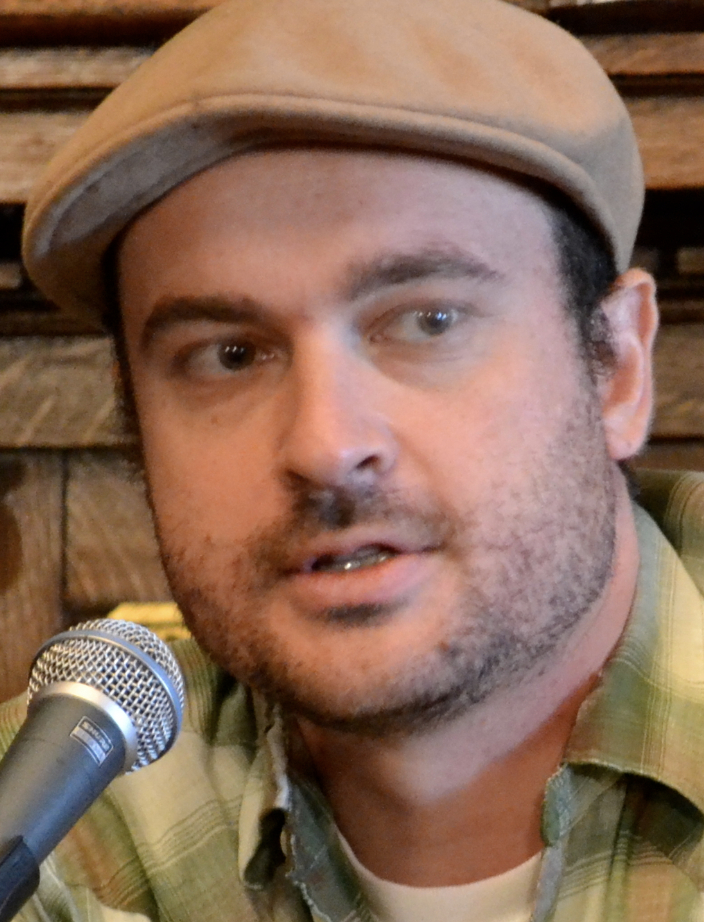
On this date in 1979, American novelist, short story writer and television writer/producer Patrick Somerville was born in the state of Wisconsin, where he grew up in Green Bay and later attended the University of Wisconsin-Madison. He also attended Cornell University and received his MFA in 2005. He has written a range of books from novels such as “The Cradle” (2009) and “The Bright River” (2012) to collections of stories like “Trouble” (2006) and “The Universe in Miniature in Miniature” (2010).
The stories in “The Universe in Miniature in Miniature” discuss the tale of a Chicago man in possession of a supernatural helmet that allows him to experience the inner worlds of those around him. One art student, for example, comes to terms with her own beliefs in a godless world as she struggles through the subjects of ennui, ethics and empathy.
Somerville is known for his talent for writing the voices for a range of characters. He has taught creative writing and English at a number of places, including Cornell, Northwestern University, Auburn State Correctional Facility and the Graham School in Chicago. He has also written episodes for television shows, including “The Bridge” (2013), “The Leftovers” (2015) and “Maniac” (2018).
Somerville at the 2011 Brooklyn Book Festival; editrrix photo under CC 2.0.
"And I think because I grew up without any religion I am particularly obsessed with good and evil. Not somehow 'figuring it out,' but at least knowing it when I see it. I hate the idea of living my whole life and then dying and not having done a good job recognizing and celebrating what's good."
— Somerville, The Sunday Rumpus Interview (June 10, 2012)
Julie Christie
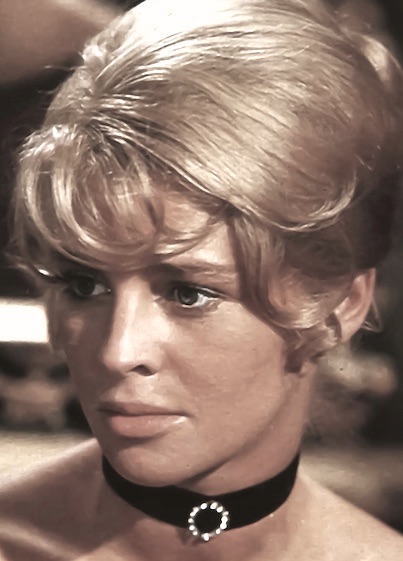
On this date in 1940, actress Julie Frances Christie was born to Rosemary and Frank Christie on a tea plantation her father managed in Chabua in northeast British India. A rift developed in the marriage over Frank’s ongoing amicable relationship with his Indian daughter born out of wedlock in 1934 and kept secret from Rosemary, whom he had wed three years later.
Christie, baptized Anglican, was sent to live in England to further her education when she was 6 and attended two parochial schools — one Anglican and one Catholic — both of which she was expelled from, in one instance for telling a risqué joke she was forced to apologize for in front of a school assembly. Her mother joined her in the UK, moving to rural Wales when Christie was in her early teens.
After further schooling in Paris and London, she made her professional stage debut at age 17, with her first screen roles on British television. Her breakthrough film role was in director John Schlesinger’s “Billy Liar” (1963) in which she was nominated for a BAFTA award for Best British Actress. She won the Best Actress Oscar in 1965 for her role in “Darling,” another Schlesinger film.
Christie, petite at 5-foot-2, reportedly was considered to play Honey Ryder, the first Bond girl, but lost out to Ursula Andress, whose bosom was seen as a bigger box office draw for “Dr. No” in 1965. Then “Doctor Zhivago” came calling in the person of Omar Sharif that same year. Her role as Lara Antipova helped the movie eventually rank as the 9th-highest-grossing film of all time in 2022. (Coincidentally, she and “Zhivago” co-star Rod Steiger share a birthdate.)
After Life magazine called 1965 “The Year of Julie Christie,” she played dual roles in Truffaut’s “Fahrenheit 451” (1966), worked again with Schlesinger in an adaptation of Hardy’s “Far From the Madding Crowd” as Bathsheba Everdene (1967) and co-starred with George C. Scott in “Petulia” (1968). That was the last film in which she was the “top-liner,” according to the Internet Movie Database.
She turned down several roles that would earn the actresses who got them various awards. “I began to turn down roles if I felt the women fell into accepted patterns of womanhood,” she told interviewer Oliver Webb in 2020. But many fine roles and critically acclaimed performances followed, including “The Go-Between” (1971), “McCabe & Mrs. Miller” (1971), “Don’t Look Now” (1973, controversial for a sex scene with Donald Sutherland), “Shampoo” (1975), “Heaven Can Wait” (1978), “Afterglow” (1997) and “Away From Her” (2006), for which she was nominated for the Best Actress Oscar for playing a nursing home resident with Alzheimer’s.
Christie’s seven-year sporadic relationship with Warren Beatty ended in the mid-1970s and she moved to Wales. She and Beatty had bonded over the cause of animal rights and she became a vegetarian. She also embraced liberal causes and had been photographed while handcuffed to Black actor Cy Grant on Human Rights Day in 1961. She has consistently spoken out against the impossible physical standards women are held to as they age in the acting profession. She is fluent in French and Italian.
Her long relationship with and eventual marital union in January 2008 to liberal Scottish journalist Duncan Campbell are “not clear because she has been against the institution of marriage all her life,” it was reported by The Telegraph India. “Nonsense,” she told reporters the next month. “I have been married for a few years.” (People magazine, Feb. 11, 2008)
PHOTO: Publicity still of Christie as Lara in “Doctor Zhivago” in 1965; public domain.
“I don’t see any reason for getting married unless you’re religious, which I’m not.”
— Comment attributed to Christie in several publications, including The Guardian in 2007, without an original source or date cited
